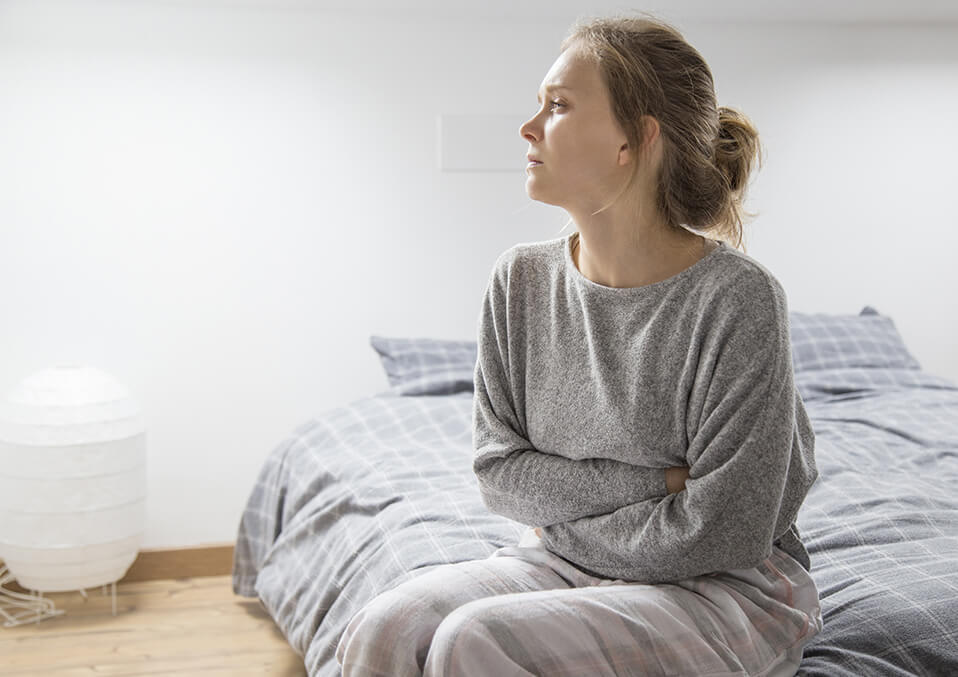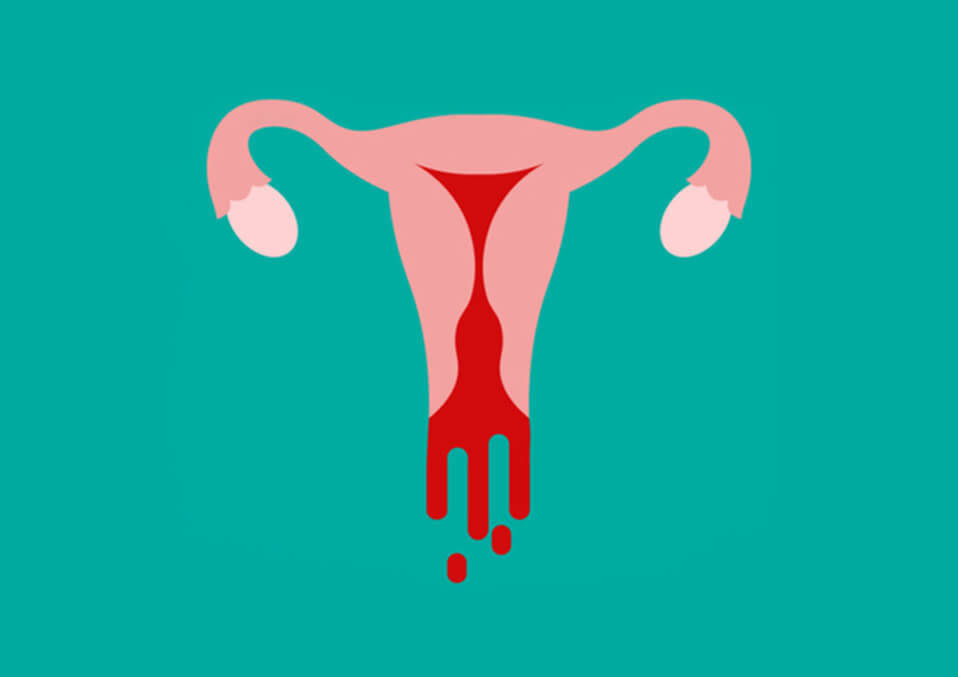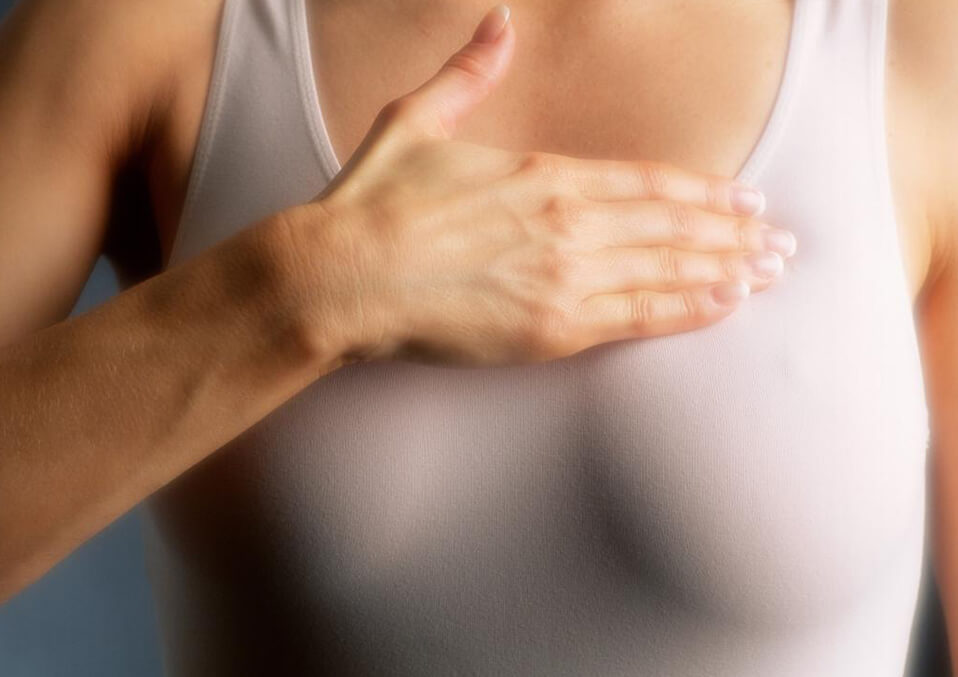When a mother gives birth, the aftermath can be a tiring ordeal which is why having a postpartum survival kit is a must. Although giving birth is considered natural and normal, there are a lot of changes that occur in your body during pregnancy and delivery.
The postpartum period starts after the delivery of your child and ends once the body has returned to its pre-pregnant state. Generally, this period often lasts 6-8 weeks. Remember that this period involves changes, both physically and emotionally. The mother also learns how to manage all the changes necessary in becoming a new mother.
What to expect after vaginal delivery?
Although the newborn is your top priority – postpartum care is also vital. Let us now take a close look at what to expect as you recover.
- Vaginal soreness and discharge
- Contractions
- Incontinence
- Hemorrhoids and bowel movements
- Tender or sore breasts
- Skin changes and hair loss
- Mood changes
- Weight loss

Remember that postpartum care must be an ongoing process rather than a single visit after delivery. It is recommended to consult a doctor within the first 3 weeks after delivery. Within 12 weeks after delivery, see a doctor for a comprehensive postpartum assessment.
During an appointment with your doctor, it involves assessment of your emotional well-being and mood, discussing contraception methods and birth spacing, talk about sleeping habits and fatigue-related issues, reviewing information on infant care and feeding as well as conducting a physical exam.
The physical exam might cover the abdomen, vagina, cervix, and uterus to ensure that healing is taking place. This is also a good time to discuss any concerns you might have such as sexual activity and how you are adjusting to life with the new baby.
Essentials for your postpartum survival kit
Even if everything goes according to plan as expected, there is a recovery period a mother must go through and might experience a variety of issues such as exhaustion, cramps, vaginal bleeding, perineal discomfort, etc. Luckily, there are several products for your postpartum survival kit that can make the recovery period a smooth one.
Maternity pads

Although some women do not experience postpartum bleeding, the majority have significant vaginal bleeding after the delivery. Due to this, it is important to have a good supply of postpartum pads or maxi pads after the baby is born. This is one of the must-haves in your DIY postpartum care kit.
You can switch to the less absorbent ones once the bleeding and discharge subside weeks after birth. In case of irritation, swelling or hemorrhoids that are intense, there are medicated pads that can provide extra relief.
Mesh underwear
Mesh panties that you get at the hospital are one of the best parts when having a baby. In case you cannot find extra pairs before you are released from the hospital, you can build up your supply at home.
The mesh panties are comfortable and you will not feel bad if there is the inevitable leak or bloodstain. For those who want to avoid the risk of ruining their favorite undies, there are disposable types of underwear that are truly indispensable after giving birth.
Perineal soother
The upcoming redness, pain, swelling or hemorrhoids that might arise after delivery can be lessened. With a perineal soother, whether in spray or liquid form, it can help ease an irritated vulva. This is one of the essentials for mom after birth to ease any discomfort.
Per bottle
For most new mothers, wiping after using the bathroom can be an uncomfortable experience especially after a vaginal delivery, even more so if you have stitches.
By using a peri bottle that is filled with warm water for rinsing, it can help you feel cleaner after a trip to the bathroom as well as lessen any burning sensation associated with urination.
Nipple cream

Even if you are still pregnant, it is recommended to start with the application of nipple cream in the last few weeks of pregnancy as a way to prep them for nursing. Take note that they are a lifesaver during nursing, especially for dry, cracked or sore nipples due to poor latching while the baby learns to breastfeed.
Kegel exercises
Regardless of how prepared you are for the delivery or how well you pushed, many women experience some form of vaginal stretching, especially after a vaginal delivery.
Kegel exercises can help recover those muscles so you do not end up with incontinence down the line. A vaginal exercise can also help but it is best to consult a medical practitioner first before using one and avoid using it for at least 6-8 weeks postpartum.
Pain reliever
Even if a mother had an uncomplicated vaginal delivery, expect several aches and pains. With a pain reliever on hand after delivery, it can help provide comfort as well as promote faster healing as the uterus continues to cramp until it shrinks back to its pre-pregnancy size.
Warm bath
Labor and delivery are considered as intense bodily activities and the muscles end up exhausted. Once you are given clearance by your doctor, it is time to treat yourself to a relaxing, warm bath with Epsom salts to help ease the sore, aching muscles.
Stool softener
For mothers out there who thought that pushing the baby was a hard task, wait until it is time for the first bowel movement postpartum. This can be a difficult ordeal, especially for first-time mothers. It is recommended to consult with the doctor about using a laxative. A laxative can help make the passage of stool easier when the moment arrives.
Prenatal vitamins
Using a good-quality prenatal vitamin is still recommended even after the baby has been delivered. By taking vitamins, it helps ensure that you have all the essential vitamins and minerals needed to generate enough milk as well as recover from the delivery.
Cooling relief
One way to lessen the swelling and provide soothing relief is to apply a cold pack on the site a couple of hours during the initial 24 hours after the delivery.
By using the cooling, calming gel pads that are made of soft, medical-grade film, they remain pliable when frozen. It can provide extra comfort if compared to the standard ice packs. Additionally, they are washable and reusable.
Overnight nursing bra
If you are wondering if there is a need for a special bra during bedtime – the answer is yes. Due to the continuous changes your breasts undergo, you need extra support even while you are sleeping. Look for varieties that are made out of a cotton-spandex blend that is soft even on cracked, sore nipples as well as stretchable which allows you to easily pull it out of the way during night-time feedings.
Without hooks, metal or plastic, rest assured that nothing is pressing on your back while getting some rest. The pull-on style provides a full, tank-style back for general support along with a wrap-style front.
Pajama pants
The best way to recovery and properly care for yourself postpartum is to wear comfortable clothes when lounging around the house. When choosing the post-maternity pajama pants, make sure that they have a flattering cut and made out of soft modal and spandex blend that is gentle on the body.
Final thoughts
Proper postpartum care is important for the overall health of the mother. With a postpartum survival kit, it can help ease any bodily discomforts while caring for your little one.
Read also:
- [When do You Get Your First Postpartum Period?]
- [Postpartum Recovery Pain Tips: Healing After Childbirth]
- [The Essentials of Postpartum Workout: How to Get Started]


